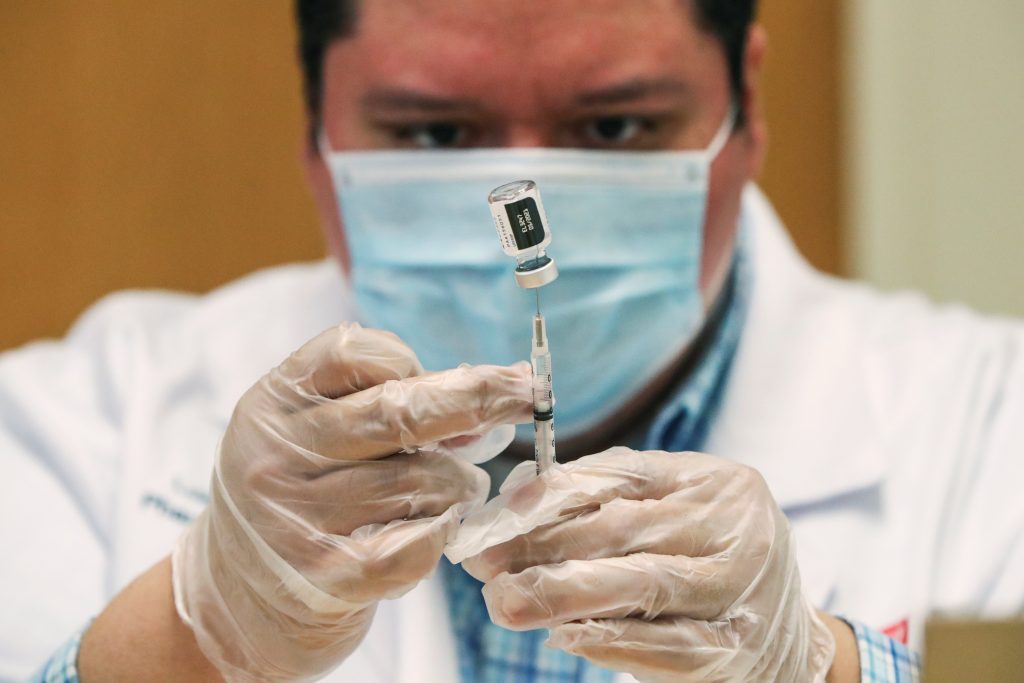
WASHINGTON (CNS) — On World Health Day, April 7, a new group of 31 U.S. Catholic organizations encouraged people to get the COVID-19 vaccine as an act of charity and solidarity with others.
The group also emphasized the need for vaccine equity in the United States and around the world.
“This is a clarion call for us to act,” said Mercy Sister Mary Haddad, president and CEO of the Catholic Health Association, noting the significance of announcing formation of the group on World Health Day and stressing the role faith-based providers can play as the world makes initial steps to recover from the global pandemic.
She said the pandemic has shown us that “we are so interconnected as a global community; we can’t just act in isolation.”
Sister Haddad said this new coalition represents all social ministries of the church coming together and is a chance to elevate the work they do and to show how they serve everyone, not just the Catholic population.
She also said it is a way for ministries to respond to this ongoing pandemic at a time when people, other than those in health care ministries, are looking for ways they can help.
“Our faith propels us to act and here is our chance to do that,” she told Catholic News Service April 7.
The coalition includes the CHA, Catholic Charities USA, Catholic Relief Services and Jesuit Refugee Service along with religious orders and groups representing church ministries in education, chaplaincy, advocacy and mission work.
It aims to spread the word about the importance of the COVID-19 vaccine through each group’s social media platforms and also on the coalition’s website: www.catholiccares.com, which has resources from Catholic social teaching, words of Pope Francis and statements from the U.S. Catholic bishops about the moral responsibility to get vaccinated.
The group also is emphasizing the need to make sure the vaccine gets to everyone, particularly communities of color, those in rural areas and places with limited vaccine availability. It also is stressing the urgency of vaccine access in developing countries and among refugees and displaced persons.
Leaders of Catholic organizations that are part of this coalition issued statements about its importance in press materials issued April 7.
Sean Callahan, president and CEO of Catholic Relief Services, said the pandemic and its “shadow pandemics of hunger and poverty are ravishing many countries around the world” and said the most vulnerable “deserve the same access to life saving vaccines that we have.”
He also said the common good “requires that we make vaccine access equitable globally since we can only defeat this virus here if we defeat it everywhere.”
CRS is the U.S. bishops’ overseas relief and development agency.
Dominican Sister Donna Markham, president and CEO of Catholic Charities USA, noted the early Christians demonstrated a “profound sense of community and concern for those in need,” which are just as important today “especially during this challenging moment as we seek to emerge from the pandemic.”
“Each of us plays a part by getting vaccinated and practicing safety measures for the good of all, and by doing everything we can to ensure that those who are most in need have access to the vaccine and protective equipment,” she said.
Sister Haddad pointed out that early on, even in the previous White House administration, she had been involved in Zoom calls about how faith groups could respond with the expected vaccine rollout amid a reported vaccine hesitancy.
Now, further in the vaccine rollout, she noted there is not just hesitancy about the COVID-19 vaccine, “but downright resistance.”
Looking at how to break through that and change behaviors, she said, often means tapping into belief systems and asking: “What does our faith call us to do? How do we care for others?”
The Mercy sister at the helm of an organization with more than 2,200 Catholic hospitals, nursing homes, long-term care facilities, systems, sponsors and related organizations in the United States, was part of a roundtable discussion on this very topic March 31 with faith leaders and Vice President Kamala Harris.
“Everyone is talking about this, not just Catholics, but this is our opportunity to rise to the occasion,” she said.

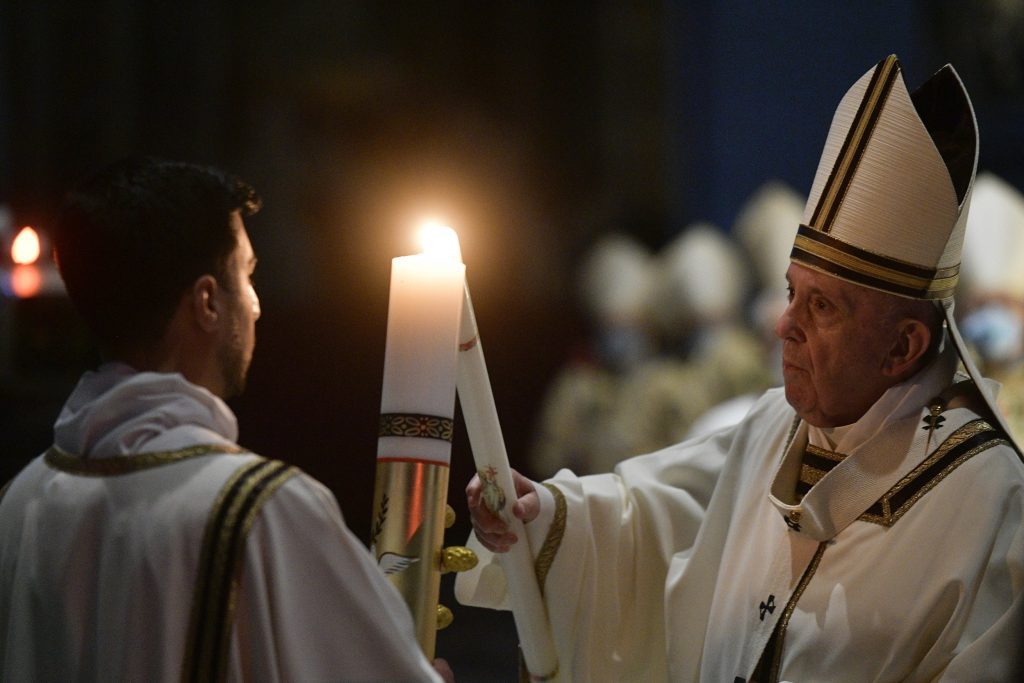
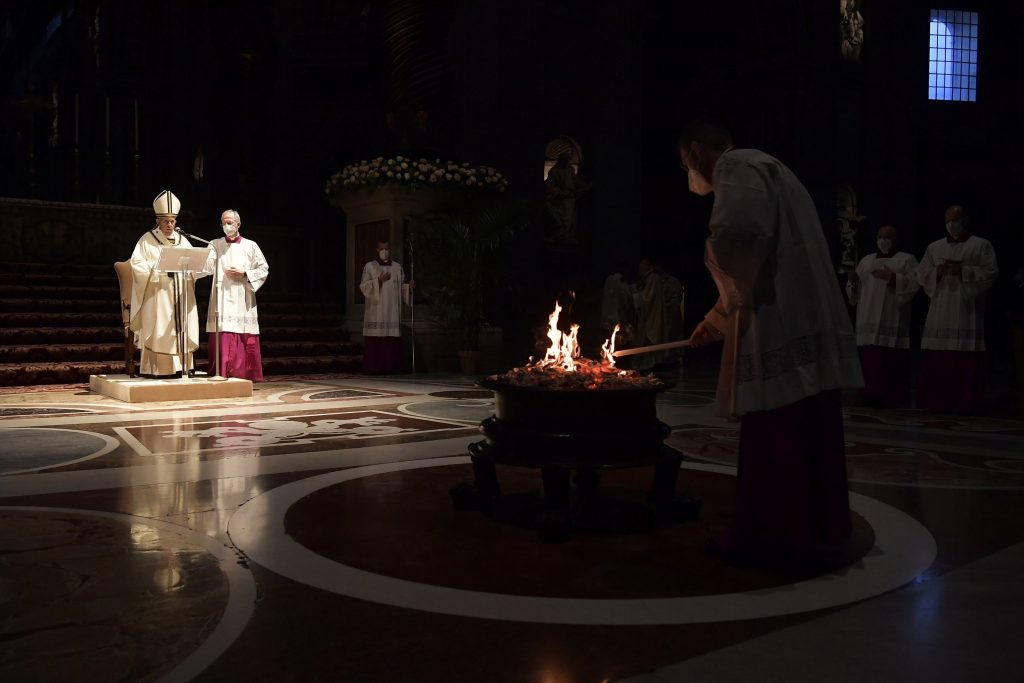
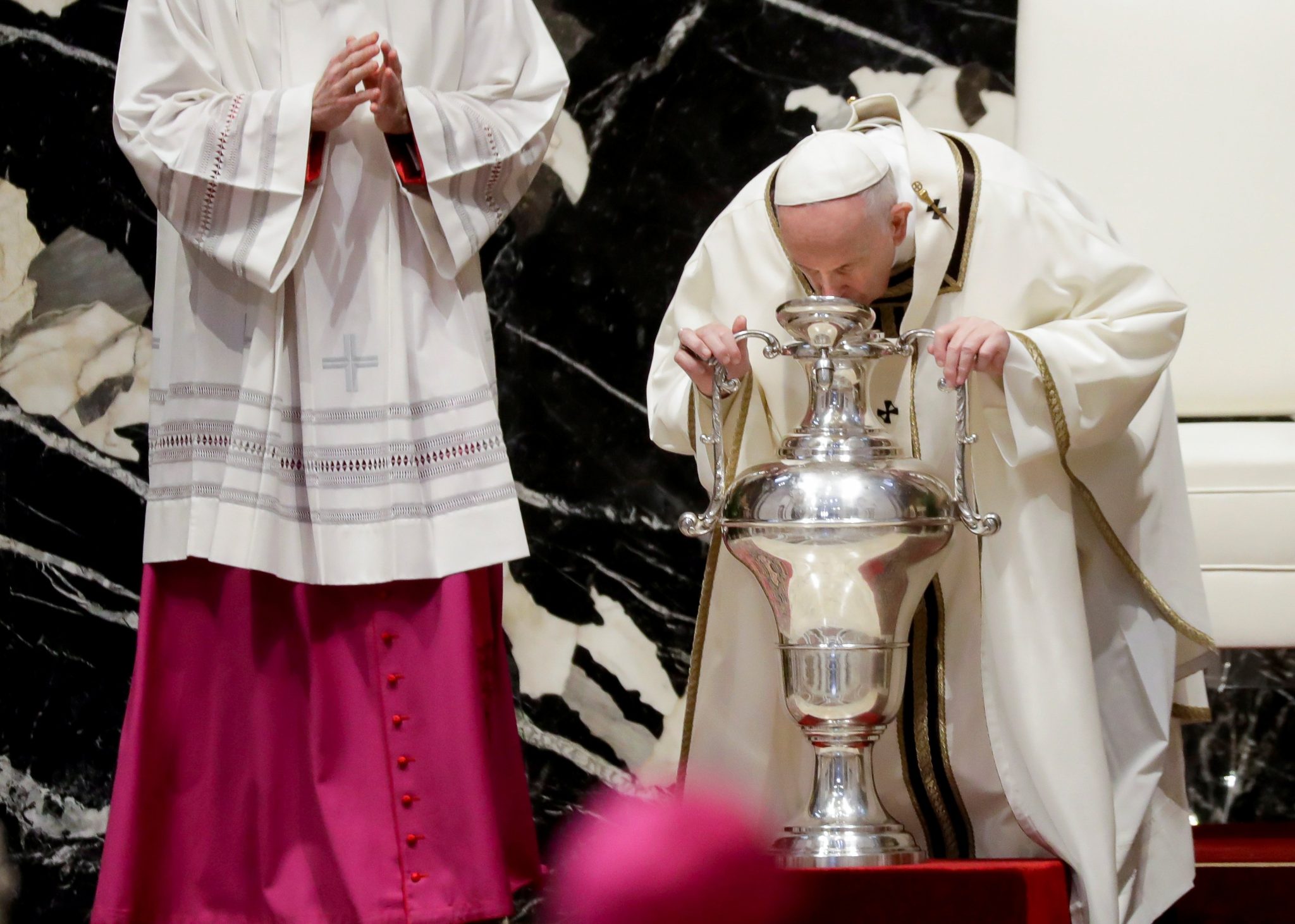
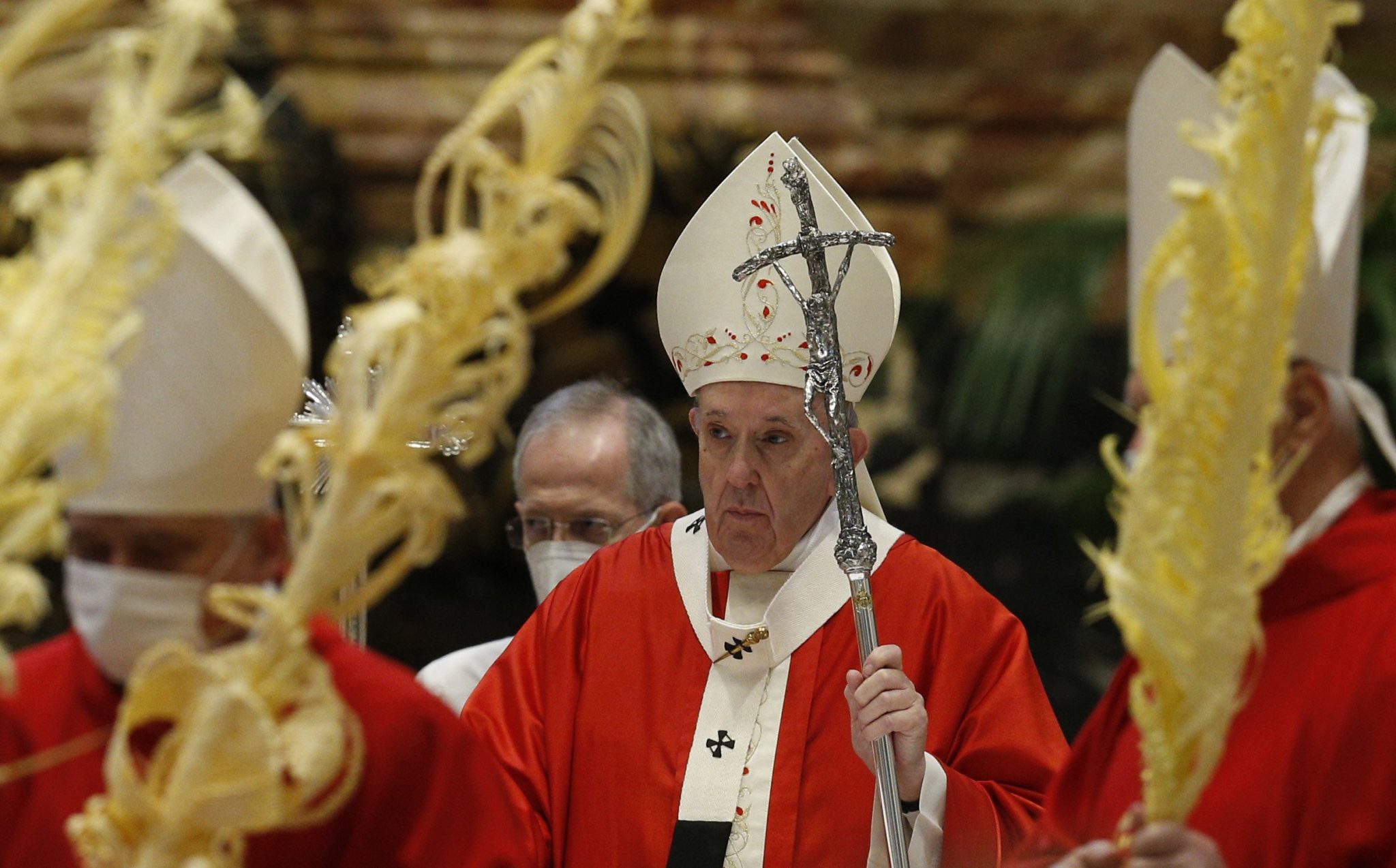
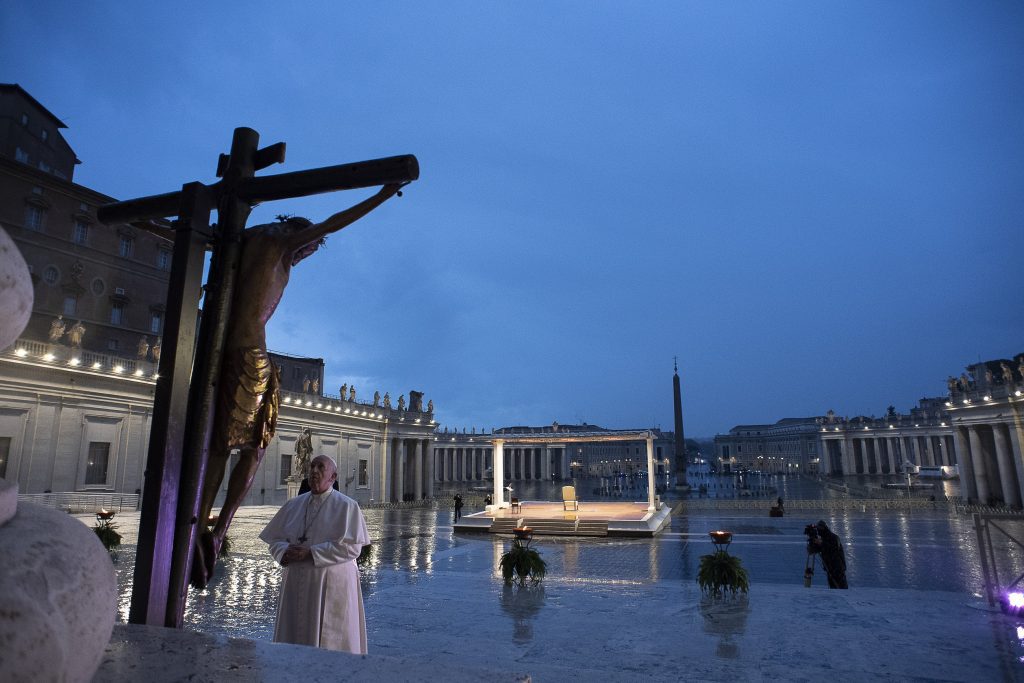

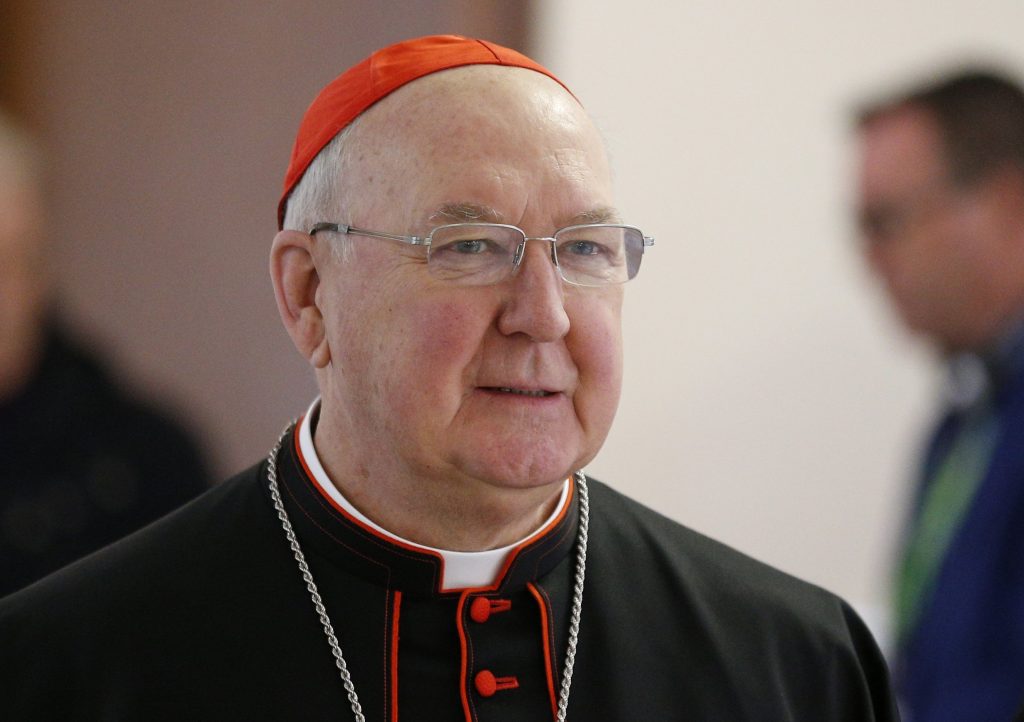
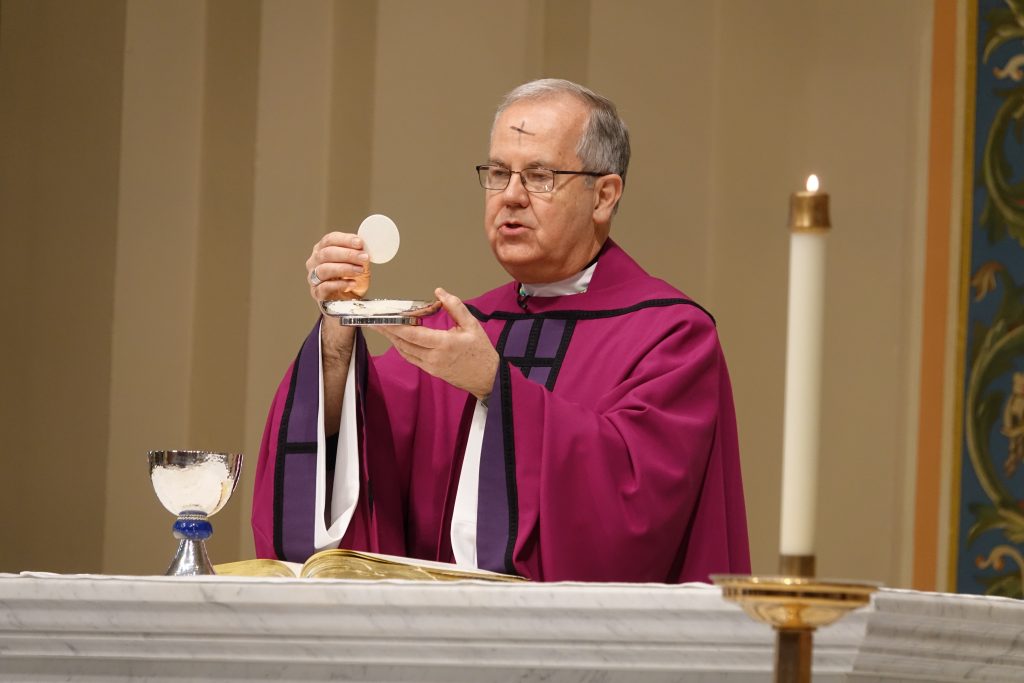
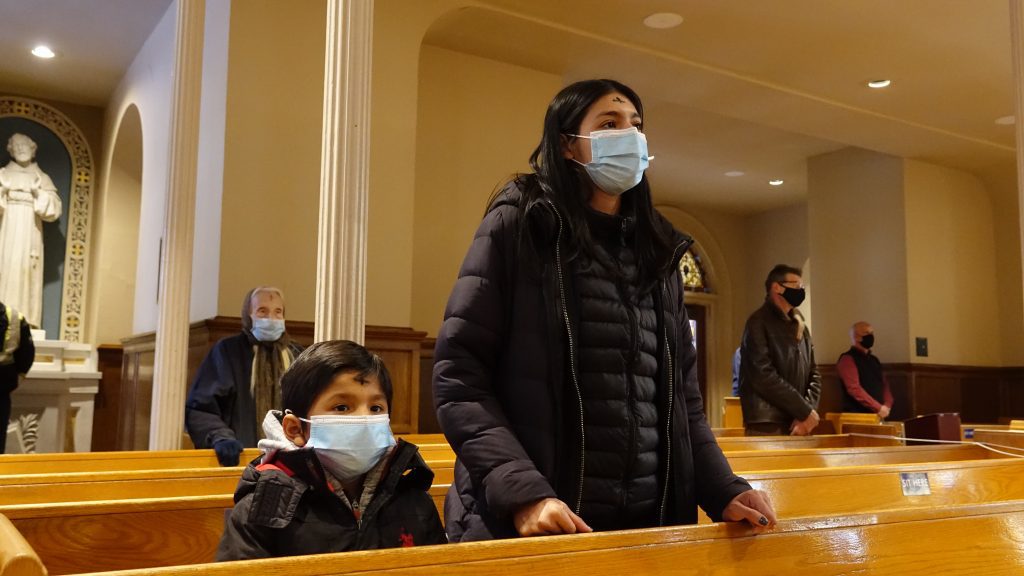 She described the findings of a World Vision report that identified faith leaders as being as important as health care workers in providing information and modeling appropriate behavior in the pandemic response.
She described the findings of a World Vision report that identified faith leaders as being as important as health care workers in providing information and modeling appropriate behavior in the pandemic response.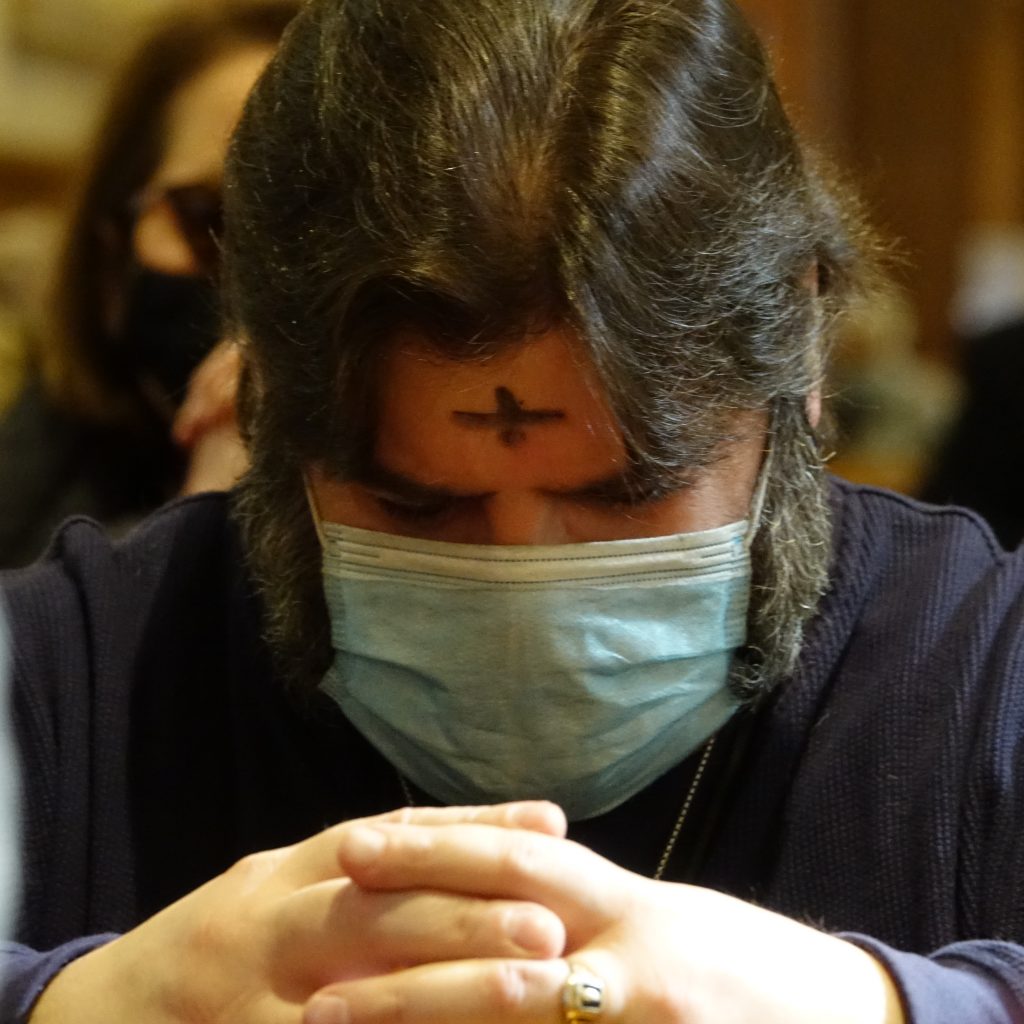 COVID-19, Kraft said. In addition, she explained, because of their importance to local communities, faith leaders can help their congregations navigate through the massive amount of information — and disinformation — surrounding the pandemic.
COVID-19, Kraft said. In addition, she explained, because of their importance to local communities, faith leaders can help their congregations navigate through the massive amount of information — and disinformation — surrounding the pandemic.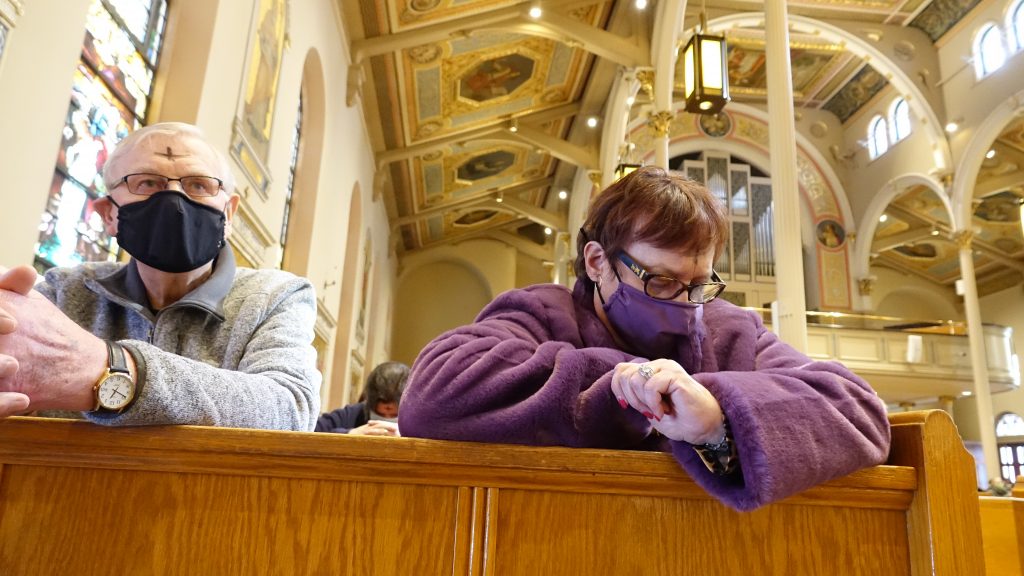 The webinar was the most recent in a series developed by the center to bring professionals together to discuss how to improve the national and international response to the pandemic.
The webinar was the most recent in a series developed by the center to bring professionals together to discuss how to improve the national and international response to the pandemic.